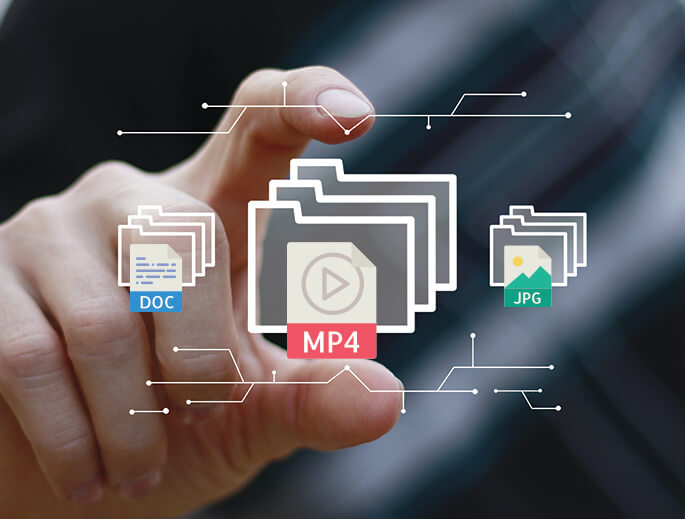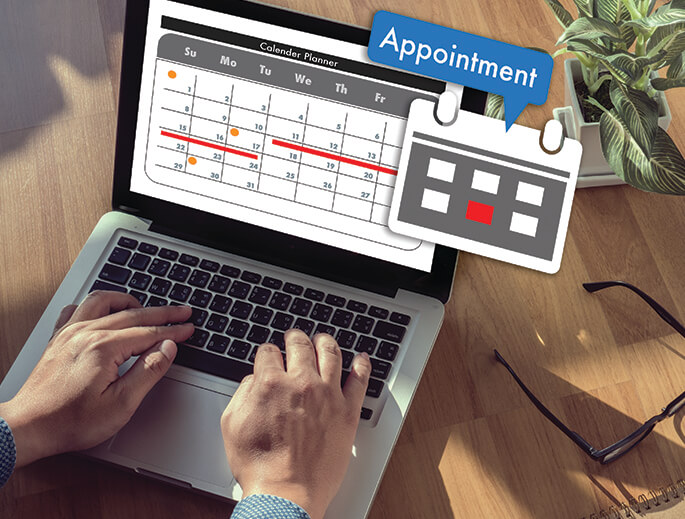Investigative Best Practice Features:

Intake - Supports the intake of complaints or tips and leads in an intake form. These records can then be triaged based on recommendation of Accepted, Referred, or Declining.

Workload Management - Supports unlimited assigned groups and individuals for cases.

Prioritization - Column Case Investigative allows customers to quickly determine what cases have a high solvability factor or have a high priority through automated solvability scoring or (ASIM).

Journal - The Journal will record all case activity.

Relationships - Relationship engine can associate through data visualization ‘many-to-many’ any of the following: Complaints, Cases, People, Sites, Property, or Vehicles.

Case Lifecycle - A case’s lifecycle is managed through electronic forms that are associated to a case.

Approvals - Includes multi-level approvals, approval groups, and approval auditing.

Property/Evidence - Manage property, evidence, and vehicles.

Duplicate Management - Users can search for people, property, and locations using a search engine that allows them to search for any keyword.

Reconciliation - Users can then go to a Reconciliation Console where potential duplicates are displayed. These duplicates can then be merged.

Searching - The out of the box full text search engine can search Complaints, Cases, People, Sites, Property, Vehicles, Journals, and Attachments form a single Google® type search.

Attachments - Network Directory Integration can organize attachments in folders, manage security through the application, and accommodate large files such as audio and video.

Reporting & Analytics - Make faster, better, more informed decisions with the built-in business intelligence we provide at Column Case Investigative.

Garrity Protection Process - Column Case software manages the Garrity Protection Process with built-in workflows for cases so Investigators do not become tainted with Garrity Protected information discovered during the interview process.
Time Management Features:

Service Level Agreements (SLA) - Service Level Agreements can provide proactive notifications on dates and ensure that assignments, approvals, and resolution targets are met.

Appointments - Appointments will be created in an integrate calendar as well as send reminder notifications.



